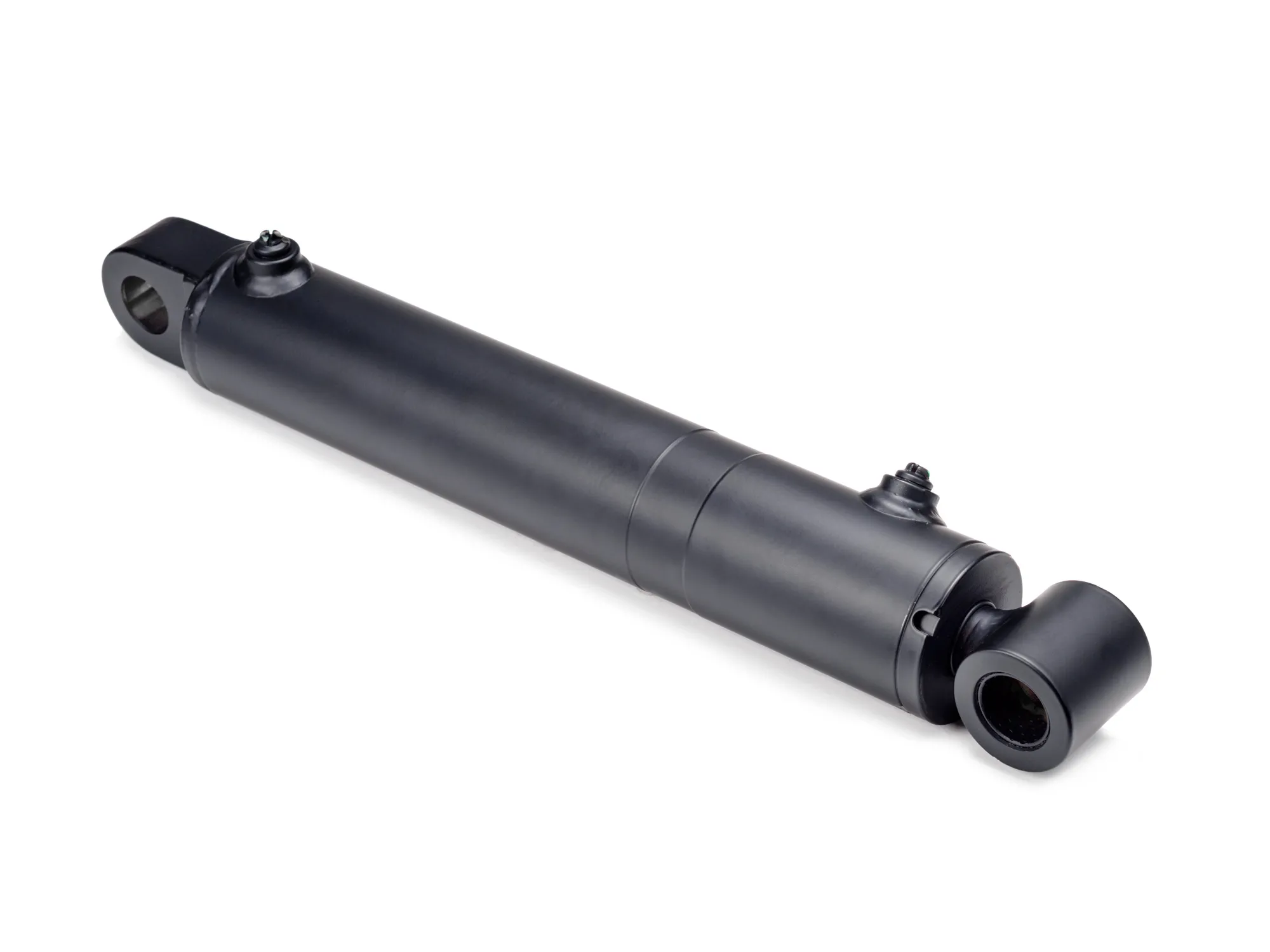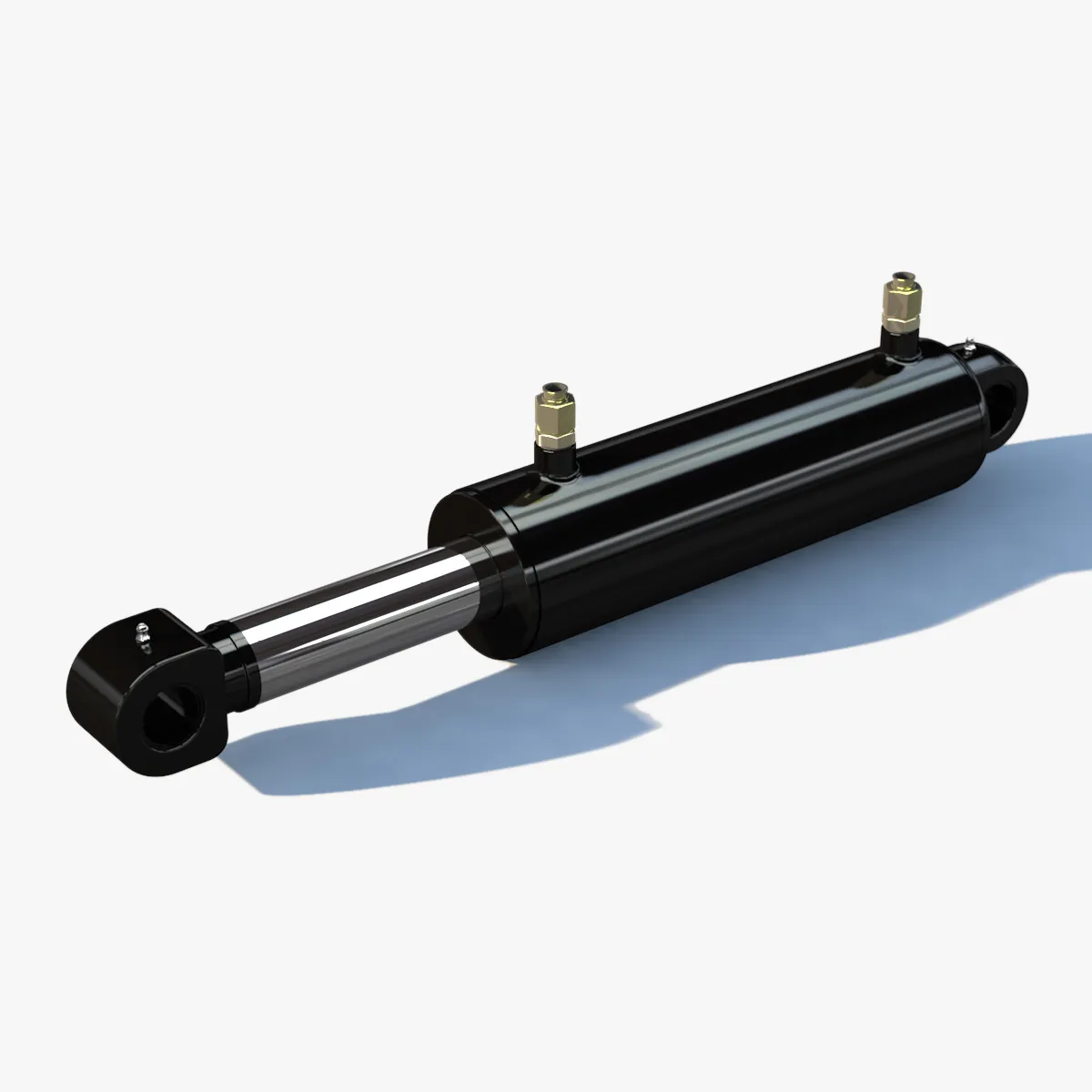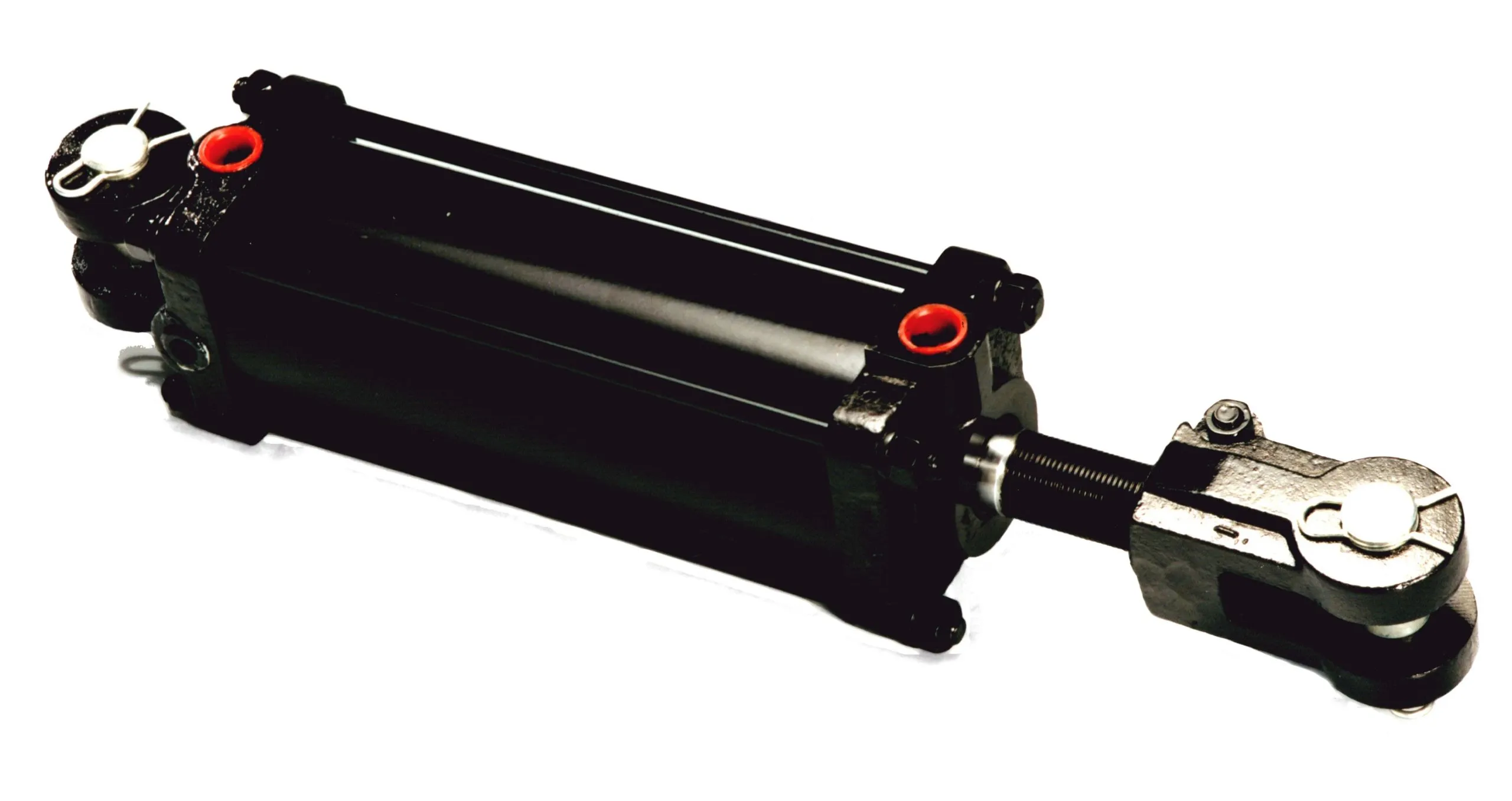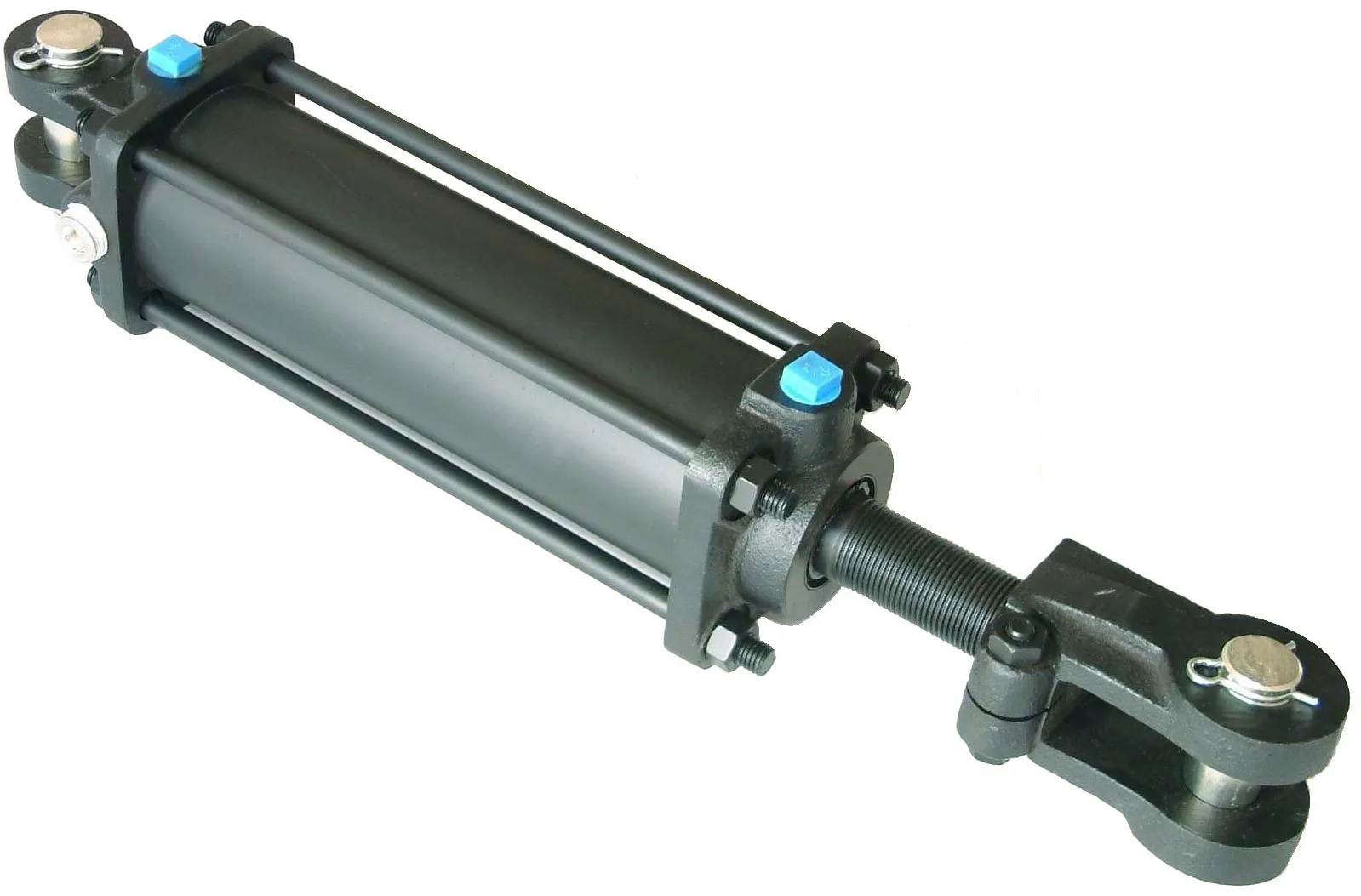Double Rod Single Acting Hydraulic Cylinder Quality Standards: A Comprehensive Guide
Introduction to Double Rod Single Acting Hydraulic Cylinders
Double rod single acting hydraulic cylinders are essential components in various industrial applications. They are designed to perform work in one direction while allowing for retraction through a spring or gravity. Understanding the quality standards for these cylinders is crucial for ensuring efficiency, safety, and longevity in their operation.
Understanding Hydraulic Cylinder Standards

Hydraulic cylinders are governed by a set of quality standards to ensure safety and performance. These standards vary by industry and application but generally fall under international and national guidelines. Familiarity with these standards can help manufacturers and users maintain their products and ensure compliance.
International Standards

1. ISO Standards: The International Organization for Standardization (ISO) has developed several standards related to hydraulic cylinders. ISO 6020-1, for example, specifies the dimensions and performance of hydraulic cylinders to ensure they meet global benchmarks.

2. ANSI Standards: The American National Standards Institute (ANSI) provides guidelines that complement ISO standards, particularly for manufacturers in the United States. ANSI/ASME B30.1 addresses the safety of hydraulic cylinders and their applications.
3. SAE Standards: The Society of Automotive Engineers (SAE) has established standards that pertain to hydraulic systems, ensuring that components like double rod single acting hydraulic cylinders meet specific performance criteria.
National Standards
Different countries have their own standards that may align with or differ from international guidelines. Familiarizing oneself with national standards is key for manufacturers and users:
– ASTM Standards: The American Society for Testing and Materials (ASTM) sets specifications that can affect the material quality and testing methods for hydraulic components.
– DIN Standards: In Germany, Deutsche Institut für Normung (DIN) standards are highly regarded for hydraulic systems, ensuring that cylinders function effectively within specified tolerances.
Key Quality Standards for Double Rod Single Acting Hydraulic Cylinders
When discussing the quality of double rod single acting hydraulic cylinders, several key factors come into play:
1. Material Quality
The materials used in the construction of hydraulic cylinders significantly impact their durability and performance. High-strength steel or aluminum alloys are commonly utilized in manufacturing. Compliance with material standards, such as ASTM A108 or ASTM A572, ensures that the materials can withstand operational stresses.
2. Dimensional Accuracy
Precision in manufacturing is vital for hydraulic cylinders. Tolerances for dimensions must adhere to ISO or ANSI standards to ensure proper fit and functionality. Dimensional checks, including bore diameter and rod diameter, must be conducted to guarantee consistent performance.
3. Performance Testing
Every hydraulic cylinder should undergo rigorous performance testing to ensure it meets operational standards. This includes:
– Pressure Testing: Cylinders must withstand specified pressures without failure, often tested to 1.5 times their rated working pressure.
– Leakage Testing: Ensuring that there are no leaks in the seals and fittings is crucial for maintaining hydraulic efficiency.
4. Surface Treatment
The surface of hydraulic cylinders must be treated to prevent corrosion and wear. Common treatments include:
– Hard Chrome Plating: This enhances surface hardness and resistance to wear.
– Anodizing: For aluminum cylinders, anodizing can provide corrosion resistance and improved surface finish.
Compliance with standards such as ASTM B580 for electroplated coatings ensures that the treatment is effective and long-lasting.
5. Endurance and Fatigue Testing
Hydraulic cylinders must endure repetitive loading and unloading cycles. Fatigue testing simulates long-term operations to identify potential failure points. Results must meet the endurance standards outlined in ISO 10100.
6. Environmental Standards
In today’s industrial landscape, adherence to environmental standards is crucial. Manufacturers should comply with regulations that govern noise, emissions, and waste disposal associated with hydraulic operations.

Importance of Quality Standards
Quality standards for double rod single acting hydraulic cylinders are not just bureaucratic hurdles; they serve essential functions:
1. Safety Assurance
Adhering to quality standards greatly enhances safety for operators and equipment. Cylinders that meet performance and material standards are less likely to fail, reducing the risk of accidents.
2. Operational Efficiency
Quality standards ensure that hydraulic cylinders operate at peak efficiency. This leads to improved productivity and reduced operational costs.
3. Longevity and Reliability
Cylinders built according to stringent quality standards tend to have longer service lives, reducing the frequency of replacements and repairs. This reliability is crucial for maintaining operational continuity in industrial settings.
4. Regulatory Compliance
Manufacturers that comply with established quality standards avoid legal issues and potential liabilities. Compliance with ISO, ANSI, and other standards demonstrates a commitment to quality and safety.
Conclusion
Understanding and adhering to the quality standards of double rod single acting hydraulic cylinders is critical for manufacturers and users alike. These standards encompass material quality, dimensional accuracy, performance testing, surface treatment, endurance, and environmental considerations. By ensuring that hydraulic cylinders meet these standards, organizations can enhance safety, efficiency, and longevity in their operations.
For those looking to invest in high-quality double rod single acting hydraulic cylinders, consider EVER-POWER as a trusted supplier. With a commitment to excellence and compliance with international standards, EVER-POWER products are designed to meet and exceed industry expectations. Choose EVER-POWER for reliable and durable hydraulic solutions that support your operational needs.
